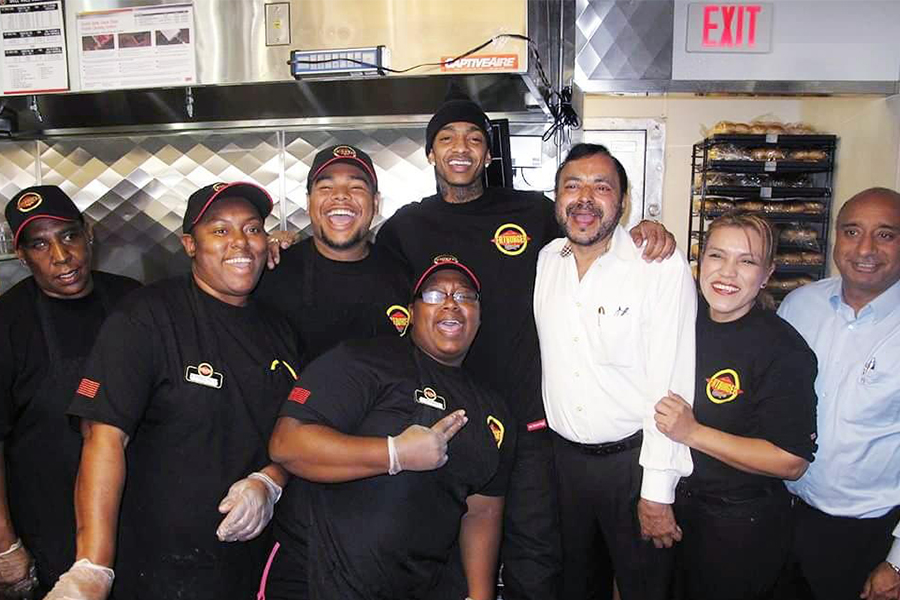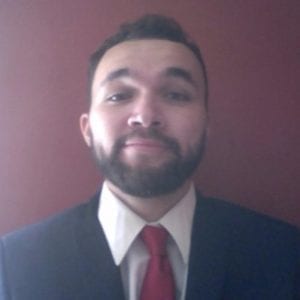A dark cloud of despair has hung over the city of Los Angeles since Grammy-nominated rapper Nipsey Hussle was shot and killed outside his clothing store in L.A. on March 31st. With his passing, Los Angeles mourns more than just a music icon.
Nipsey, whose real name was Ermias Asghedom, was also an entrepreneur, cultural advocate, and leader of the black community. He lent his voice and influence to those who might not otherwise have had the chance to be heard.
Nipsey was always thinking outside the box. When he was 12-years old he built a computer from spare parts, the very same computer he began to make music on. After selling CDs from his car he started gaining a fanbase. Instead of signing to a major record label, he sold 1,000 copies of his “Crenshaw” mixtape for $100 each and used the proceeds to launch his own record label, All Money In. He was never afraid to take a gamble on himself and this attitude laid the groundwork for a new generation of artists to start releasing their music independently — from Chance the Rapper to Frank Ocean.
Since the start of his music career, Nipsey has always been an advocate for his hometown, the Crenshaw District of Los Angeles, whose street names have been featured in the titles of two of his mixtapes “Slauson Boy” and “Crenshaw.” Even his apparel store, Marathon Clothing, can be found at the intersection of Crenshaw and Slauson Avenues, one of the primary business hubs in South L.A.
The Marathon honors those that don’t quit from the endeavors they commit to. Nipsey equated the reality of success and greatness to a rollercoaster ride — filled with ups and downs, and emphasized the importance of perseverance. Nipsey and his brother Sam employed the people they grew up with, and those fresh out of prison who couldn’t find decent work. They also made a point to use unknown models to promote their clothing line, to give people exposure they wouldn’t otherwise get. The brothers understood well the roadblocks their peers face in getting jobs, so they created opportunities that prevented them giving up and returning to the streets.
Some of Nipsey’s other real estate endeavors included a Fatburger restaurant, a seafood market and a barbershop. His goal was to create similar business hubs around the country, that benefited the black community and that established a foothold against new, outside businesses moving in and closing down local business.
“All money in, no money out” was Nipsey’s motto for encouraging the black community to invest their money in something, rather than spend it frivolously. Nipsey was an activist for black entrepreneurship, unity, economic affluence, and self-sustainability. His devotion to giving a voice to the black community is reflected in his advocacy for the project “Destination Crenshaw,” an open-air museum spanning a mile and designed to celebrate black history and culture through art exhibits. It aimed to capture the value of what communities create, while allowing the creators to reap the benefits of exposure.
Nipsey’s investments in the community reach much further than real estate, he invested in people too. He was an investor in Vector90, a co-working space where young students could take classes in math, science and technology, most notably through a program called “Too Big to Fail” that links inner-city youth to Silicon Valley. Having dropped out of high school himself, Nipsey understood the hardship for black and brown kids in the education system. While growing, up he never felt that his efforts where being properly recognized in school. This is why he invested in the 59th Street Elementary School, donating money to make sure every student got a new pair of shoes, and also renovated the basketball courts and playgrounds. He understood the importance of education in the development of youth in his community, and hoped to place a brighter future in their hands.
Nipsey Hussle was living proof that no matter where you come you have the ability to lead for a better tomorrow. He was such a towering figure in the community that his memorial service was held at Staples Center — with a capacity of over 21,000. Not only did he create change in his community, his actions will inspire a new generation of leaders around the country. From his efforts, the youth of Los Angeles have been exposed to a wealth of new opportunity that they could only dream about before. His music and business lessons will live on forever. The marathon continues.




































